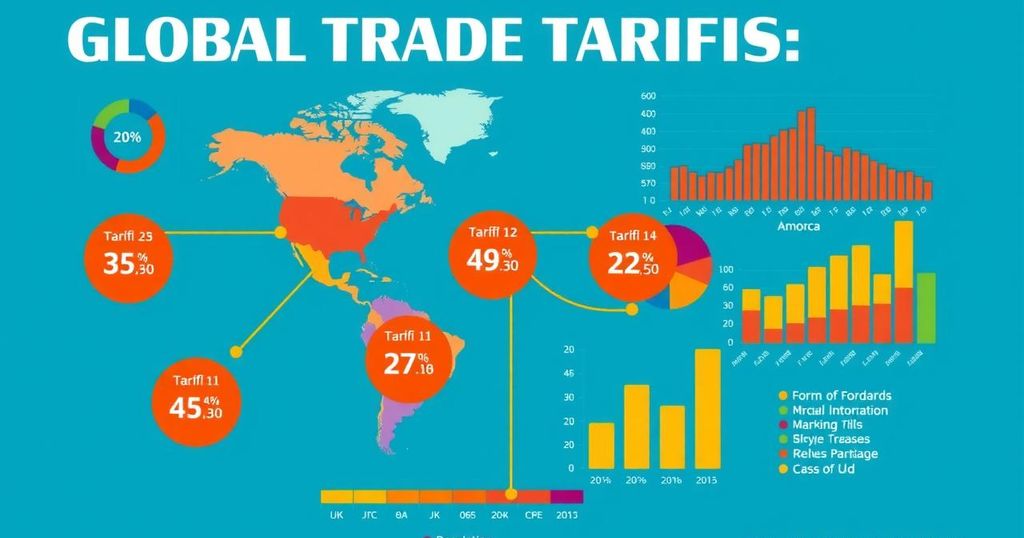Kirsty Coventry has made history as the first female and African president of the IOC, securing her position with a commanding majority in the voting process. Her election signifies a commitment to diversity and unity within the Olympic movement, while she aims to address key issues such as athlete rights and gender equality. Although her political ties may present challenges, Coventry’s leadership is widely expected to propel the IOC into a new era.
Kirsty Coventry of Zimbabwe has made history by being elected the first female and African president of the International Olympic Committee (IOC). This monumental achievement marks a notable change in the IOC’s 130-year history, as Coventry steps into the role to succeed Thomas Bach. Coventry expressed her satisfaction with her victory, indicating it represents a significant evolution in the organization’s approach towards diversity.
Securing the presidency in just one round of voting, Coventry garnered 49 out of 97 votes, decisively defeating Juan Antonio Samaranch Jr., who received 28 votes, while Sebastian Coe came in third with only eight votes. The electoral results reflected not only Coventry’s popularity but also a desire for unity within the organization as she sets her agenda for the future.
In her victory speech, Coventry emphasized her pride in leading the IOC and her commitment to fostering an inclusive environment. She acknowledged the quality of ideas presented during her campaign and expressed a desire to collaborate with all candidates to guide the IOC effectively moving forward. Coventry underscored the significance of unity within the IOC, recognizing that differing opinions must not hinder the collective goal of enhancing the Olympic movement.
With a distinguished swimming career, Coventry has already made significant contributions to Olympic sports, especially in promoting sport development across Africa. Her presidency is expected to champion athlete rights, address gender issues, and prioritize sustainability within the Olympic framework. However, she faces challenges, notably regarding her political ties to the Zimbabwean government, which may complicate her leadership as she navigates IOC relationships with global sports federations and sponsors.
Kirsty Coventry’s election as the first female and African president of the IOC is a historic moment that signals positive change and greater diversity within the organization. Her commitment to unity and collaboration, alongside her emphasis on athlete rights and sustainability, outlines a promising future for the Olympic movement under her leadership. Despite potential challenges stemming from her political connections, Coventry’s appointment is generally perceived as a significant step forward for the IOC and its mission.
Original Source: ntvkenya.co.ke




